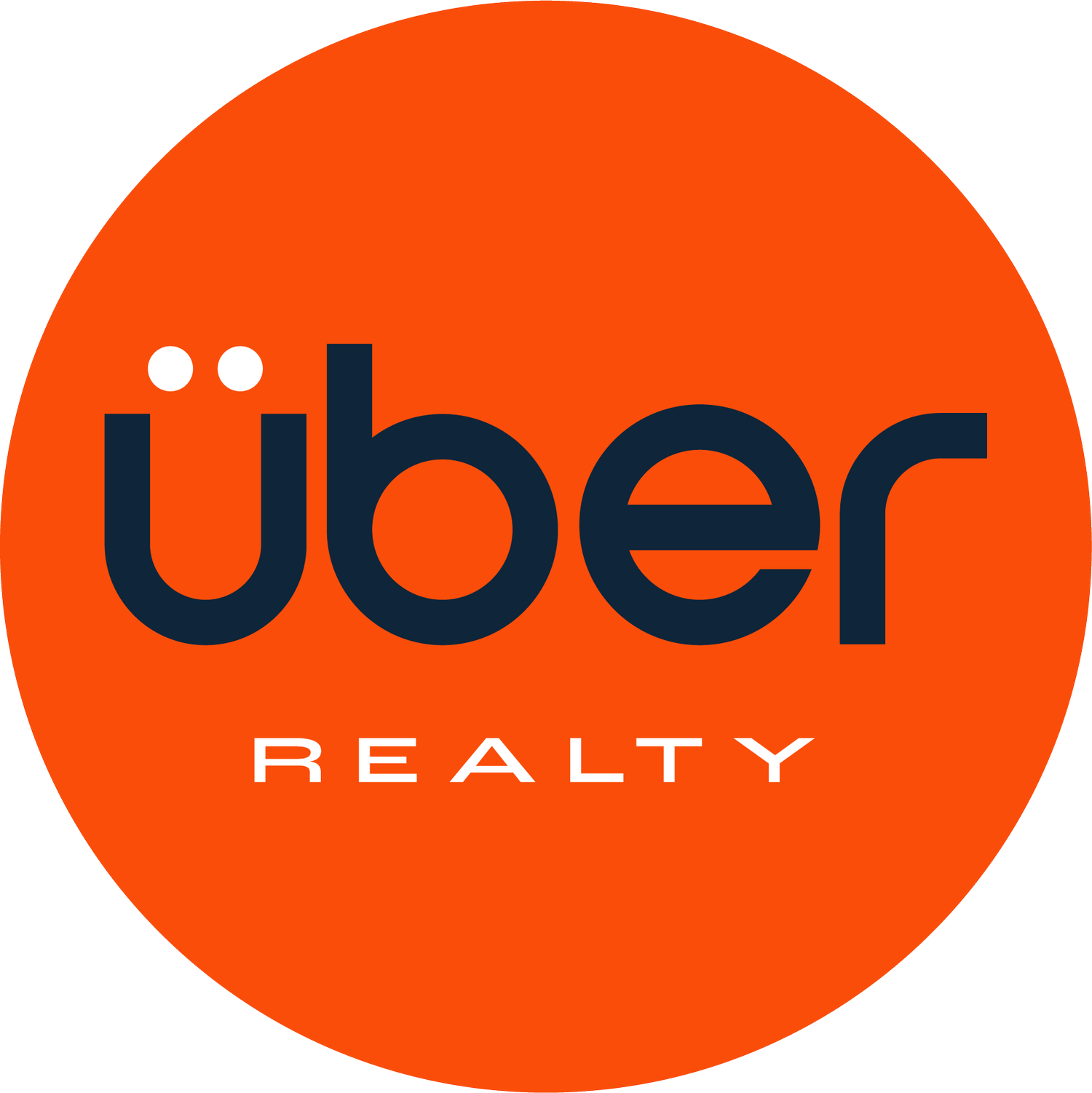Mobile Home Investing: The Accessible Path to Real Estate Wealth
I just find this interesting so I thought I would share.
How a New Generation of Investors Is Finding Opportunity in Manufactured Housing
![Mobile home park with renovated units]
When Byron and Sharnice Sellers first heard about mobile home investing on a podcast in 2017, they were intrigued by the low barrier to entry. "Wow, she's saying it just takes $3,000 or $5,000 to start?" Byron remembers thinking during his Lyft driving shift.
After some research and a $10,000 consumer loan, the couple purchased their first two mobile homes for just $4,300. Within 60 days, they had renovated and sold both units, netting nearly $20,000 in profit. This quick success launched them into what would become a full-time business.
The Hidden Gem of Real Estate Investing
Mobile home investing remains one of real estate's best-kept secrets - an unsexy, little-known sector with some remarkable advantages:
Low barrier to entry: Starting with just a few thousand dollars
Recession-resistant market: Meeting an essential need for affordable housing
Strong returns: Some of the best in the housing industry
Diverse participation: Opening doors for investors from underrepresented backgrounds
While luxury real estate gets the spotlight, manufactured housing quietly provides shelter to 21 million Americans. It's the nation's largest source of unsubsidized low-income housing and growing rapidly. Between 2014 and 2024, shipments of new manufactured homes increased by over 60%.
"Demand is through the roof, supply is barely catching up, rents are accelerating, and occupancy is as high as it's ever been," according to industry publication Multi-Housing News.
Why Mobile Homes Are Affordable
Mobile homes offer remarkable affordability for several reasons:
The selling price typically excludes land (most buyers pay only for the structure)
Factory-built construction benefits from economies of scale
Classification as personal property results in lower taxes and insurance costs
Interestingly, while mobile homes historically depreciated like vehicles, that trend is changing. LendingTree reports that between 2018 and 2023, the average sales price of new mobile homes jumped nearly 60% to $124,000. The Urban Institute found they generally appreciate at about 5% annually, similar to traditional homes.
How Investors Find Opportunities
Successful mobile home investors employ creative strategies to source deals:
Park Relationships: Mersadez Joseph, an EMT who flips mobile homes with her husband Devon in South Carolina, focuses on building relationships with park managers. "We basically drive through these parks and if [homes] look abandoned, we take note," she explains. "Then we follow up with the manager." Over four years, they've completed about 20 deals, earning approximately $250,000.
Rural Properties: Michael Wiley, an Alabama-based investor, seeks out vacant mobile homes on private rural land. Many landowners consider these homes worthless and sell them extremely cheaply. Wiley acquired one for just a dollar and another for $1,000 (which he later sold for $30,000).
The Renovation Process: While some units need only cleaning and paint, others require replacing rotted subflooring, insulation, and broken windows. After renovation, investors market homes on Facebook Marketplace or Craigslist, selling either outright or through seller financing.
Teaching Others: The Knowledge Economy
As their success grew, Byron and Sharnice Sellers realized they could earn by teaching others. They've now trained more than 17,000 aspiring investors - most of them Black - and earn more from their educational content than from their actual investments.
"I feel like it gives them the confidence to say, 'Hey, if they can do it and be this successful, I know I can do it too,'" says Sharnice.
Many successful investors are now sharing their knowledge online, including:
Mersadez Joseph ("Mobile Home Bae" on TikTok)
Michael Wiley ("Flippin' Mobile Homes")
Various educators on YouTube and social media
Success Stories
Jenisha and DaVon Nelson took the Sellers' online course in 2020. Having grown up in a mobile home herself, Jenisha was intrigued by the concept. After relocating from Arizona to South Carolina, their business took off, completing about 13 deals.
"It was as simple as taking doughnuts to a park manager to introduce ourselves," Jenisha explains. The couple now wears branded T-shirts wherever they go as conversation starters. "It's a way of life now."
The Future of Mobile Home Investing
This current opportunity might not last forever. Housing advocates are increasingly looking at manufactured housing as a solution to the country's housing shortage, but with added protections.
Organizations like the Lincoln Institute of Land Policy are addressing "issues in the sector, including quality, efficiency, tenant security, finance, and land use." Zoning reforms and improved construction standards could eventually change the market dynamics.
Additionally, institutional investors are taking notice. In 2020-2021, they accounted for 23% of all manufactured home purchases (up from 13% in 2017-2019). With a 22% annual compounded return - the highest in real estate - firms like Blackstone are investing heavily in the sector.
The Bottom Line
For now, mobile home investing remains an accessible path to real estate wealth for everyday investors. As Byron Sellers puts it: "Where else in America are you going to find a move-in-ready house for less than $30,000 to $50,000?"
In today's housing crisis, connecting buyers with affordable homes isn't just profitable - it's meeting a critical need.
